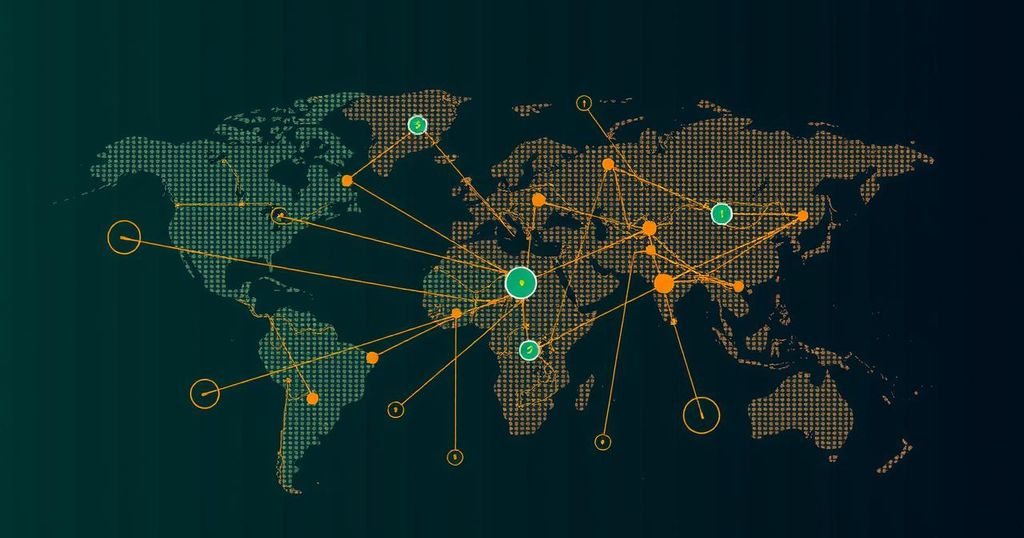In an interview, economist Carlos Lopes asserts that Africa’s financial issues stem from liquidity access rather than debt levels. He emphasizes the need for reforms in how Africa is rated and funded and advocates for a more inclusive global financial system. Lopes remains optimistic about Africa’s economic prospects and highlights the importance of addressing domestic resource mobilization and illicit financial flows at the upcoming international conference in 2025.
In an insightful dialogue with Africa Renewal, Carlos Lopes, a notable economist and former Executive Secretary of the United Nations Economic Commission for Africa, illuminates the pressing fiscal challenges faced by African nations. Lopes emphasizes the crucial distinction between debt and liquidity access, critiquing the lack of investment flowing into African economies and highlighting the inflated risks assigned by credit rating agencies that impede financial growth.
The persistent narrative of debt surrounding Africa, which currently stands at approximately $1.1 trillion, is addressed by Lopes who asserts it is not the debt levels that pose the issue, but rather the systemic challenges and the need for substantial reforms in international financial institutions. He urges regulation of credit rating agencies, operational changes in Basel III financial regulations, and a reassessment of the opportunities Africa presents in climate finance, demographics, and technology.
Lopes posits that Africa’s domestic resource mobilization has improved, yet significant obstacles remain, particularly stemming from the continent’s heavy reliance on commodity exports. He advocates for a reevaluation of contracts that facilitate illicit financial flows, underscoring the necessity of global cooperation to combat this widespread issue.
Looking forward to the 4th International Conference on Financing for Development set to occur in Seville in 2025, Lopes calls for Africa to prioritize reforms aimed at establishing a fairer, more inclusive global financial system, ensuring it remains proactive in the face of evolving financial technologies and practices. He remains optimistic about Africa’s economic prospects, noting that several African nations rank among the fastest-growing economies globally.
The complexities of Africa’s economic landscape have gained renewed focus, especially in light of its vast debt and financial accessibility issues. This context reveals the critical need for structural reforms within international financial systems. Carlos Lopes’s expertise, postulating on the need to reevaluate Africa’s position within these frameworks, provides a foundation to assess and strategize for Africa’s fiscal future and its role in the upcoming international conference.
Carlos Lopes’s observations present a multifaceted perspective on Africa’s economic and financial challenges. He highlights the essence of addressing liquidity rather than merely focusing on debt levels while proposing significant reforms in international financial practices. Lopes’s commitment to advocating for an inclusive financial system signifies the pivotal role Africa must play in shaping a globally equitable economic landscape, particularly as it prepares for future financial dialogues.
Original Source: www.un.org






